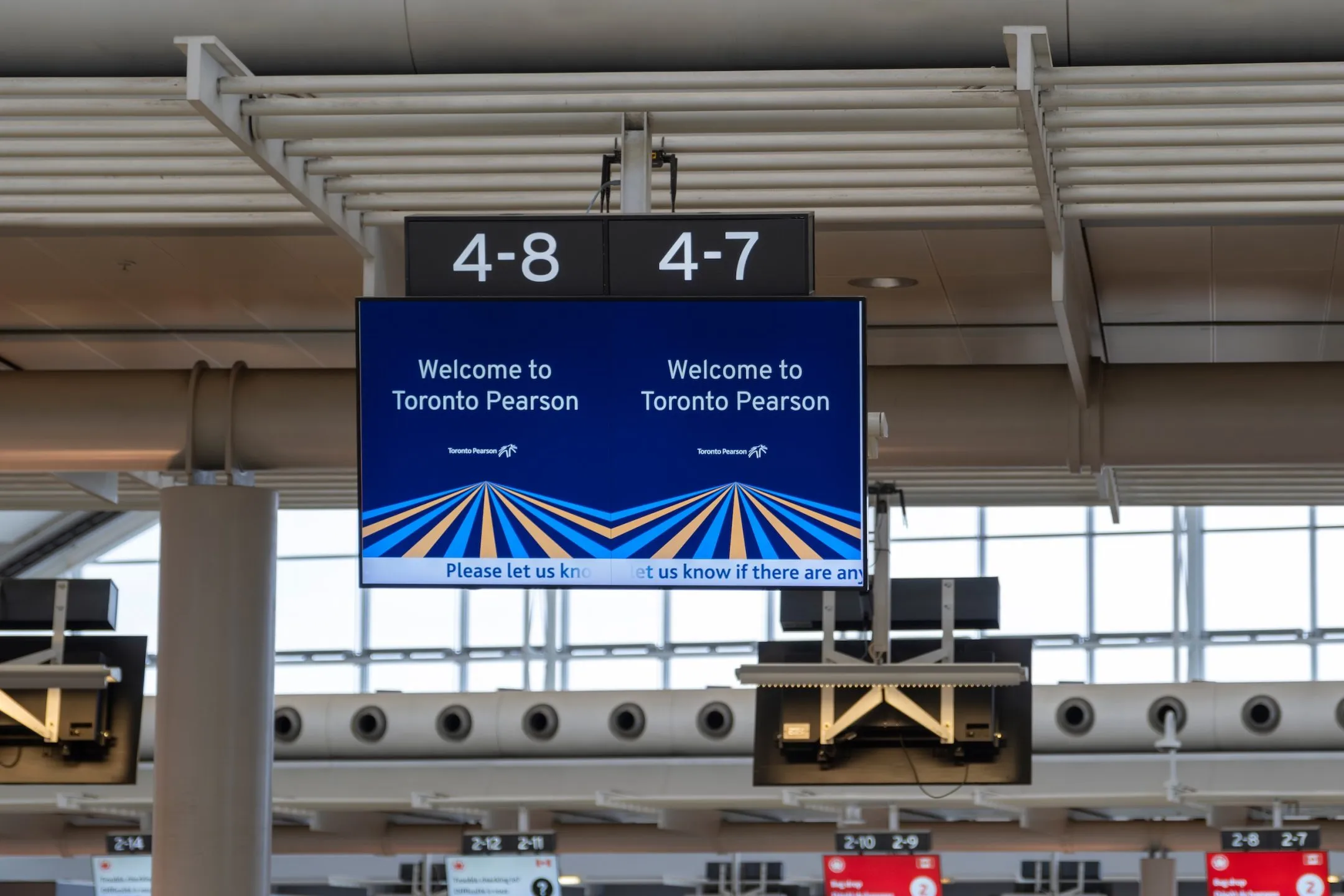Travelling through Canadian borders can induce anxiety for some travellers. With security screening a top priority for agencies like the Canada Border Services Agency (‘CBSA’), understandably travellers may become increasingly confused about their rights of privacy while going through an airport.
Privacy concerns are particularly relevant given the proliferation of technology and associated devices such as smartphones and laptops. The portability of these devices mean that people are crossing the Canadian border with an enormous amount of personal data within electronic storage devices.
To help reduce the level of confusion, here are a few key points to know as you’re crossing through the Canadian border:
Collection of Traveller Data:
- Advance Passenger Information/Passenger Name Record:
- Information on all individuals travelling to Canada is reviewed. Data collected and reviewed includes: name, date of birth, gender, citizenship, travel document data, itinerary, address, ticket payment information, frequent flyer information, baggage details and contact telephone numbers
- Travellers have the right to request a copy of their personal Advance Passenger Information/Passenger Name Record data
- Integrated Customs Enforcement System:
- CBSA collects information on travellers crossing the Canada-U.S. border via major airports, selected highway crossings and cruise ship facilities
- Personal information is collected from customs declaration forms
- People with unusual or suspicious travel patterns are pinpointed and may face closer scrutiny by customs officials and law enforcement agents
Customs Searches:
- Under Canada’s Customs Act, CBSA officers may stop and search people and examine their baggage and possessions without a warrant, this includes laptops and smartphones
- Canadian courts have not yet ruled whether a person is obliged to hand over their electronic passwords to a border officer
- CBSA policy states that examinations of personal devices (such as smartphones and laptops) may be conducted if there are indications that “evidence contraventions may be found on the digital device or media”
- If your electronic device is searched, you will be asked for your password and the officers can only examine what is stored within the actual device as of the time you submitted it: i.e. photos, files, downloaded emails and other media. If you refuse to provide your password, your device may be held for further inspection
Ultimately, the CBSA’s mission is to ensure the security and prosperity of Canada while focusing their values on integrity, respect and professionalism. Being informed on the policies of CBSA may help reduce your travelling anxiety and allow you to relax next time you’re ready to hit the beach!
Your Case: Our Priority.
At Sultan Lawyers PC, we are the only firm specializing exclusively in employment and immigration law. Whether your case is straightforward or complex, we have the experience and commitment to achieve the best possible outcome. Trust us to navigate the toughest challenges with you.


